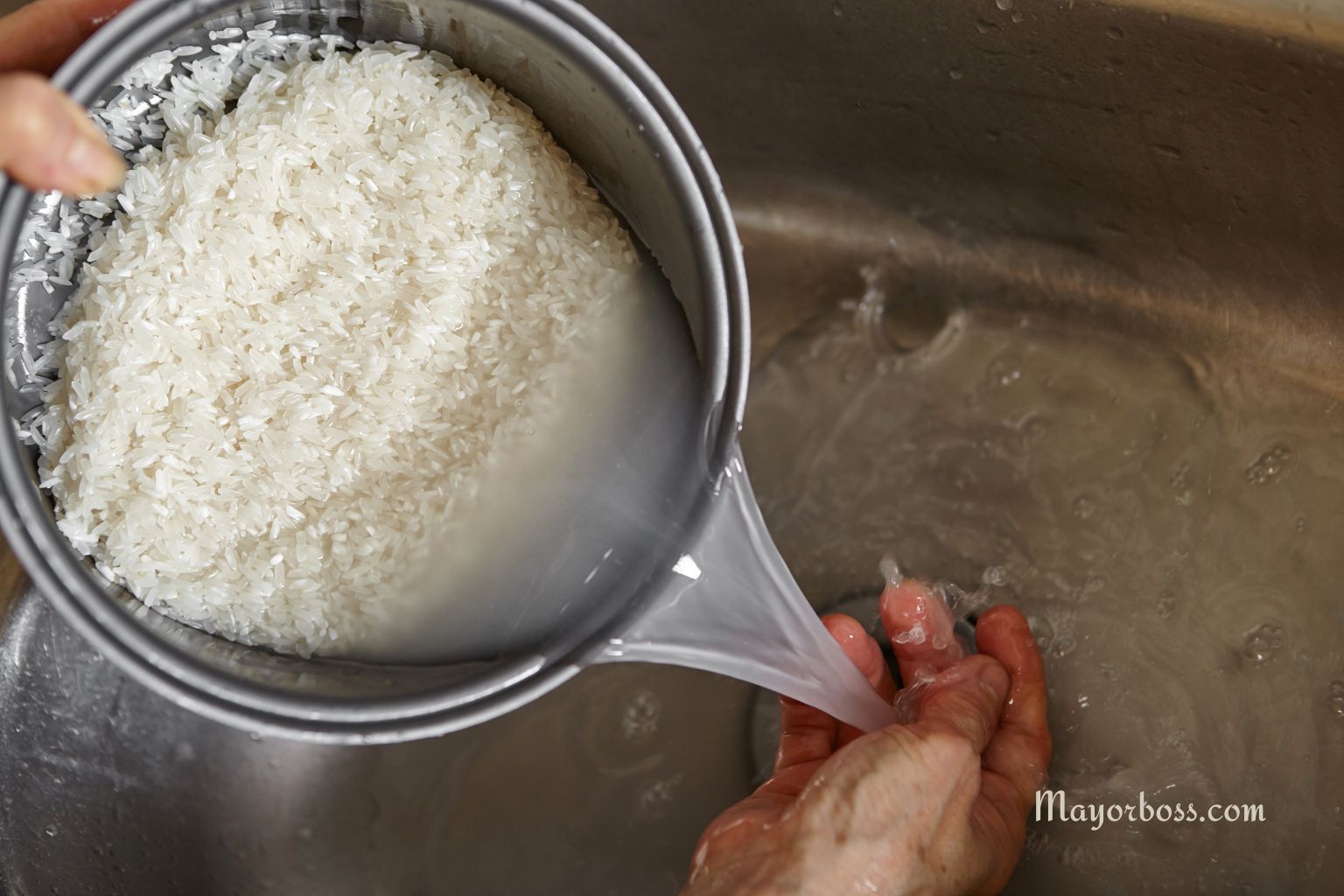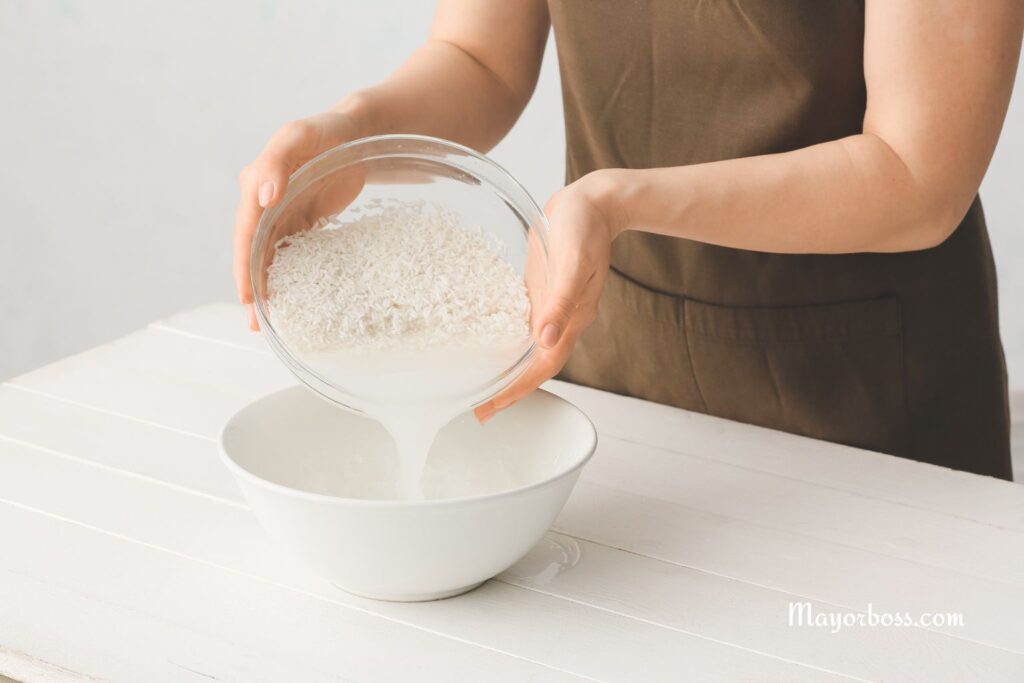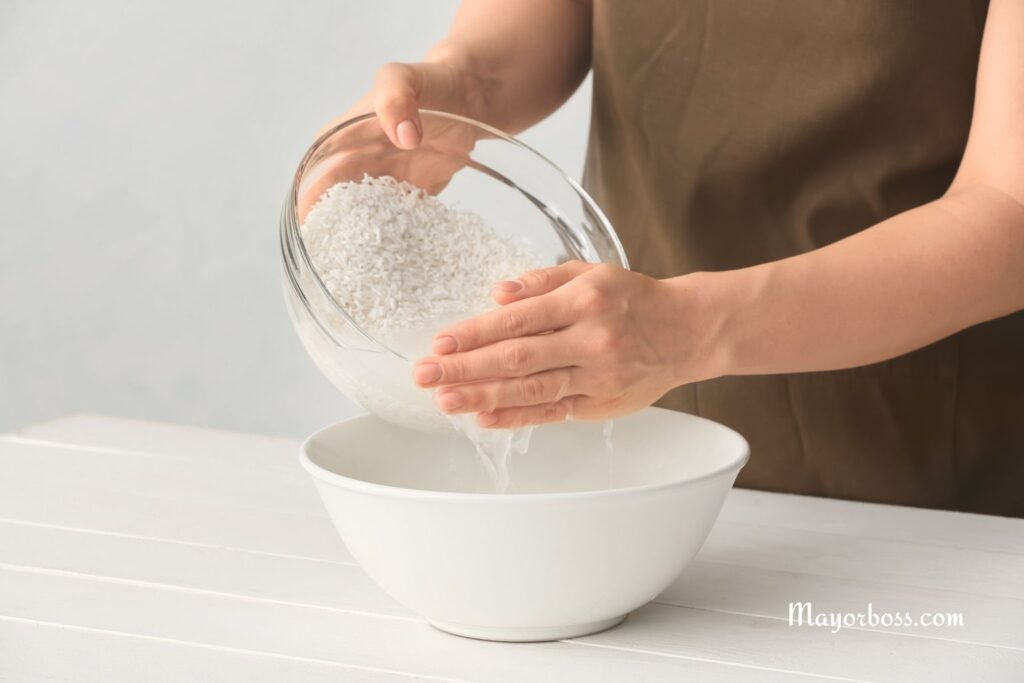How to Use Rice Water for Plants
Rice water, the liquid leftover after rinsing or cooking rice, can be used as a gentle, natural fertilizer for plants. It contains nutrients like starch, vitamins, and minerals that support healthy plant growth. To use, cool the rice water and pour it directly onto the soil once a week. Avoid using rice water with added salt, oil, or seasonings.

Rice water is a natural fertilizer you can use to help your plants grow stronger and healthier. It’s simply the starchy water left over after rinsing or boiling rice. Many gardeners believe it offers nutrients that benefit plant growth. Here’s what you need to know about using rice water for your garden or houseplants.
What Is Rice Water?
Rice water is the cloudy liquid you see after washing rice. It contains tiny particles of starch, along with small amounts of vitamins and minerals that wash off the rice. This water has been used in some cultures for generations as a natural fertilizer and even for beauty treatments.
Why Rice Water Is Good for Plants
Rice water contains starch, which serves as a food source for beneficial soil bacteria. Healthy soil bacteria help break down organic matter and release nutrients that plants can absorb. Rice water may also contain trace minerals and vitamins, such as vitamin B, which can support plant health. While rice water is not a substitute for commercial fertilizers, it can offer gentle nutrition for plants, especially if you use it regularly.
How to Make Rice Water

Making rice water is easy. Here are two common methods:
1. Rinsing Method
- Place uncooked rice in a bowl.
- Add enough water to cover the rice.
- Swirl the rice with your fingers for a minute or two. The water will turn cloudy.
- Drain the water into a separate container. This is your rice water.
2. Boiling Method
- Boil rice as you normally would, but use extra water so there’s some left after the rice is cooked.
- Once the rice is done, strain off the excess water and let it cool. This water is safe for your plants as long as you haven’t added salt or oil.

How to Use Rice Water for Plants
Using rice water is simple, but there are some tips to follow:
- Cool the Water: Always let rice water cool to room temperature before using it on plants. Hot water can damage roots.
- Frequency: Water your plants with rice water once a week. Overusing can lead to unwanted mold or bacterial growth in the soil.
- Application: Pour rice water directly onto the soil around the base of your plant. Do not pour it on the leaves.
- No Seasonings: Never use rice water that contains salt, oil, butter, or seasonings. These ingredients can harm your plants.
Best Plants for Rice Water
Rice water works best for leafy houseplants and garden vegetables. It can help:
- Pothos
- Spider plants
- Peace lilies
- Ferns
- Peppers
- Tomato plants
- Eggplant
- Spinach
- Herbs like basil and cilantro
- Cabbage
Avoid using rice water on succulents and cacti, which prefer drier soil and may not tolerate the extra moisture or organic matter.
Potential Risks and Tips
- Don’t Overdo It: Too much rice water can cause the soil to become too damp or encourage the growth of mold and bacteria that may harm plants.
- Watch for Odor: If you notice a sour smell or mold growth, stop using rice water and let the soil dry out.
- Storage: Use rice water within 24 hours, or keep it in the fridge. Discard if it becomes sour or smells off.
Expert Opinions
Research shows that rice water can offer some nutrients to plants, but it’s not a replacement for a balanced fertilizer. Use it as a gentle supplement for regular plant care.
Summary
Rice water can serve as a simple, natural fertilizer for many plants. Always use plain, cooled rice water and apply it to the soil no more than once a week. It’s a helpful way to reuse kitchen waste and boost plant health, especially for leafy houseplants and common vegetables.
FAQs
1. Can I use rice water on all types of plants?
Rice water is safe for most leafy houseplants and common garden vegetables, but avoid using it on succulents and cacti.
2. How often should I water my plants with rice water?
Once a week is enough. Too much can cause problems with mold or soil health.
3. Should I dilute rice water before using it?
If the rice water is very cloudy or thick, you can dilute it with plain water before applying it to the soil.
4. Can I use rice water from cooked rice?
Yes, as long as it doesn’t have salt, oil, or any added ingredients.
5. Does rice water replace fertilizer?
No. Rice water is a supplement, not a substitute for balanced plant fertilizer.






